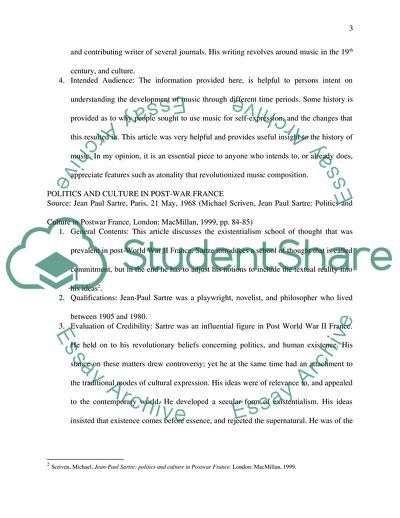Cite this document
(Modernism in Music and Politics and Culture in Postwar France Essay, n.d.)
Modernism in Music and Politics and Culture in Postwar France Essay. https://studentshare.org/music/1759903-modernism
Modernism in Music and Politics and Culture in Postwar France Essay. https://studentshare.org/music/1759903-modernism
(Modernism in Music and Politics and Culture in Postwar France Essay)
Modernism in Music and Politics and Culture in Postwar France Essay. https://studentshare.org/music/1759903-modernism.
Modernism in Music and Politics and Culture in Postwar France Essay. https://studentshare.org/music/1759903-modernism.
“Modernism in Music and Politics and Culture in Postwar France Essay”. https://studentshare.org/music/1759903-modernism.


